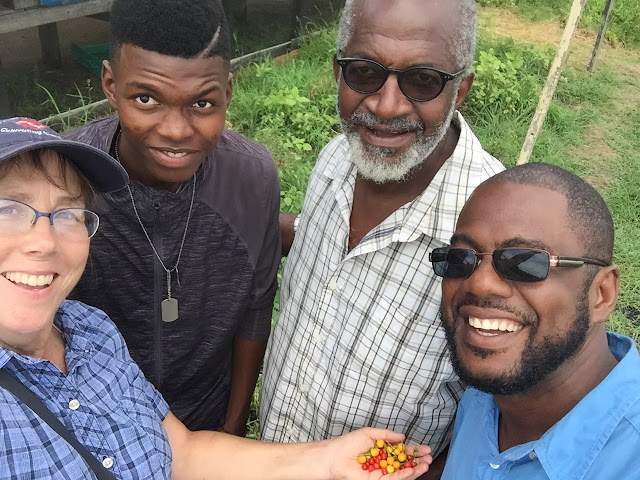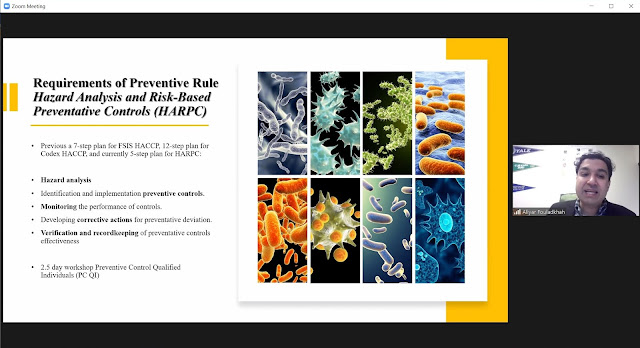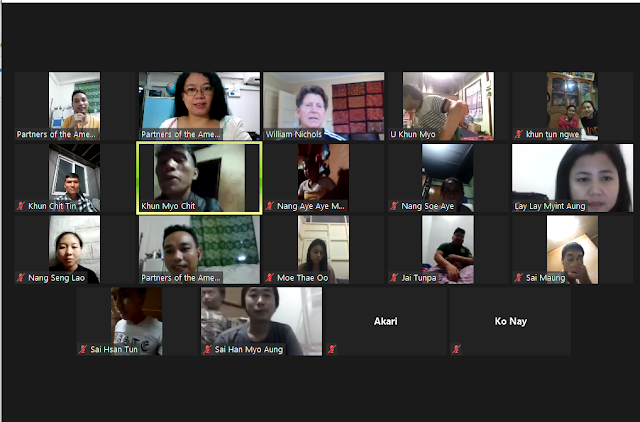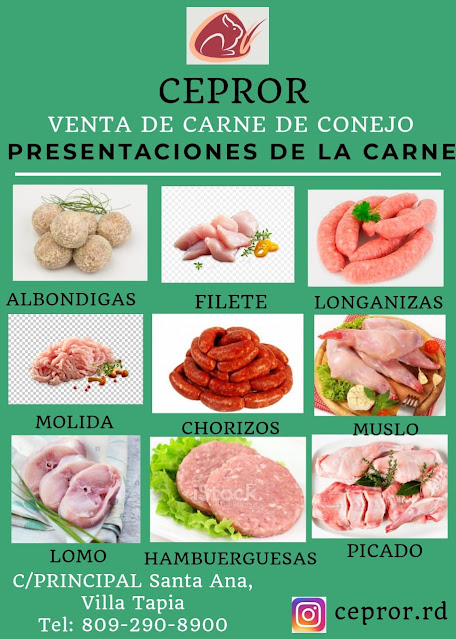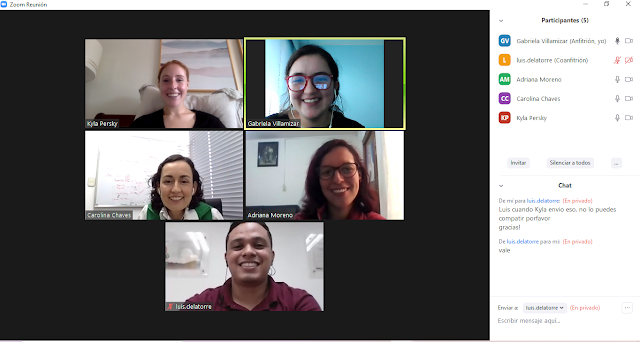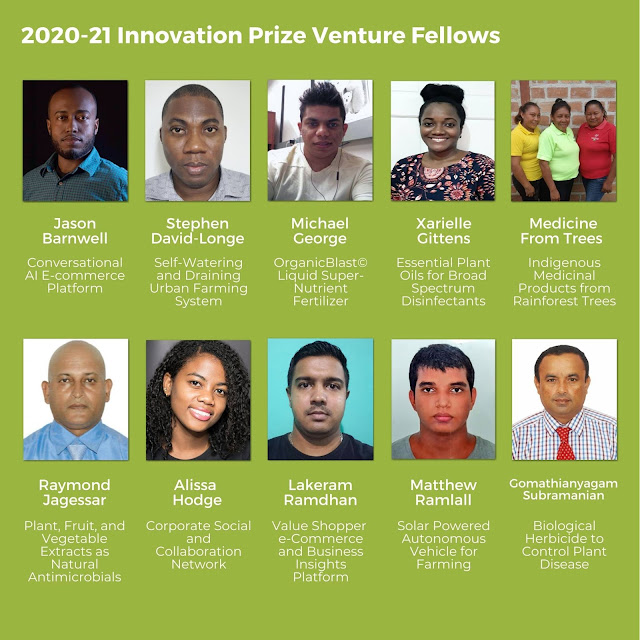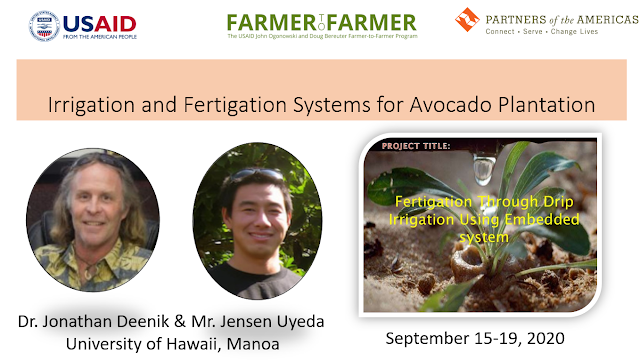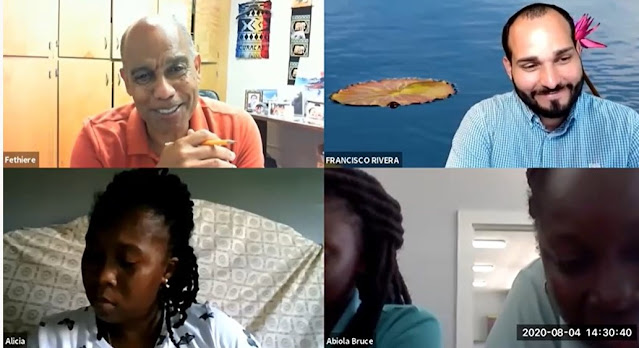Black Tea Product Development in Myanmar

The Ever Win Coffee Factory is a Myanmar coffee company that produces 12 types of coffee products and provides training on coffee making. They wanted to develop new products to become more competitive in the coffee and tea markets, and thought of producing a new line of black teas, as they have the raw ingredients available. To expedite this product development, a F2F volunteer was requested to help Ever Win staff develop formulas and processes for the creation of black tea products, advising them on the processing and the ingredients to be included. The recruited volunteer was Mr. Manik Jayakumar. He is originally from Sri Lanka but has been living in the USA since 1989. In Sri Lanka, he managed six award-winning tea estates and helped pioneer organic tea farming. In 1994, when he was living in California, he founded QTrade Teas and Herbs which is now the largest importer of organic tea in North America and one of the largest tea producers in the USA. He has worked at QTrade for t



